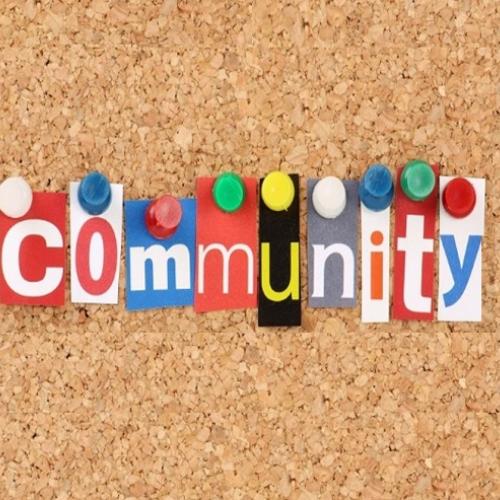
Late last month, after a year’s worth of distractions, delays, edits, and encouragements, I finally posted an overview of the leadership book I’ve been writing. My primary aim was to test the book’s central idea with LinkedIn’s network of leaders. The scale and depth of the response far exceeded my expectations: The article has been viewed more than 39,000 times, liked or commented on by 5,700 people, and shared by 1,300. The notes of encouragement, new ideas and alternative viewpoints I’ve received have been overwhelming, and overwhelmingly positive. My sincerest thanks to those who provided feedback.
The article lays out my belief that the practice of leadership must evolve in response to the intensifying forces of disruption in the global economy and the generational turnover taking place in positions of authority. My central argument is that leadership must transition from Command-and-Control to Engage-and-Align. Given my profession as an advisor to corporate executives, the focus of the article (and the book) is on leadership within large businesses, many of them U.S.-based. But the individuals who engaged with the LinkedIn post represented an amazing variety of occupations and nationalities.
“…that leadership must transition from Command-and-Control to Engage-and-Align.”
I find it fascinating that a programmer in India, a banker in Mongolia, a professional sports coach in New Zealand, a military officer in Greece, a teacher in the United States, an engineer in China, a relief worker in the Sudan, an entrepreneur in France, a medical researcher in Switzerland, a marketer in South Africa, a corporate executive in Sweden, and a college professor in the UK all connected with a concept about how leadership needs to evolve.
The diversity of responses generated by the post has given me a lot to ponder. Two thoughts, in particular, keep rising to the top:
- The world is becoming more connected and thereby more intimate, where even things like leadership style can be a shared global experience; and
- The practice of leadership is integral to every kind of organization in which people come together.
Though neither of these concepts is particularly original, both lead me to broaden my own thinking when I consider the evolution of leadership that is underway. I view leadership as a combination of the who and the how—who takes on the various responsibilities and authorities necessary to lead an organization, and how the organization’s resources are brought together to produce a desired outcome.
“The world is becoming more connected and thereby more intimate, where even things like leadership style can be a shared global experience.”
In writing this book, I’ve been afflicted by a central paradox that I can’t seem to shake. On the one hand, I firmly believe that leadership is contextual and what works in one situation may be a disaster in another. On the other hand, I hold onto the idea that there are some aspects of leadership that approach “universal truths”—behaviors, styles, and processes that are effective at marshalling resources to produce desired outcomes in all but the most extreme situations. It’s been hard to ignore that these are diametrically opposed ideas, but this recent feedback loop on LinkedIn has encouraged me to set aside the exceptions to focus on the things that might apply broadly. And that includes opening the lens wider to explore leadership in a more universal context beyond just large business enterprises.
From a lifetime of studying and partnering with leaders, I do hold several core beliefs:
- Leadership matters: Our world is dramatically affected, in ways both good and bad, by the application of leadership. Good leaders can lift us up, accelerating progress. Bad leaders can create division, erasing forward movement.
- Leadership should be purposeful: Effective leaders consider the context and culture of the organization, tailoring their leadership to achieve the desired outcomes.
- Leadership should focus on both the long and short term: Responsible leaders build long-term capability within the people and organizations they manage, even as they strive to meet short-term objectives.
- Leadership requires experimentation: The ability to marshal organizational resources to produce desired results is not innate. Smart leaders continually learn by trying new styles and methods and assessing how those different approaches to structure, process, development, and energy impact organizational performance.
Given the dramatic changes taking place around us, the practice of leadership deserves even more consideration and experimentation. The feedback I’ve received from the LinkedIn community reinforces the idea that we should learn from new approaches to leadership that are showing up in different fields and in different countries. We are all interconnected, and we will all share the benefits of effective leadership that better match the times. Leadership matters, everywhere.
“Our world is dramatically affected, in ways both good and bad, by the application of leadership.”
Feel free to follow me on LinkedIn and continue to post your thoughts and ideas about how leaders can adopt a more empowering and inclusive style that engages and aligns.






